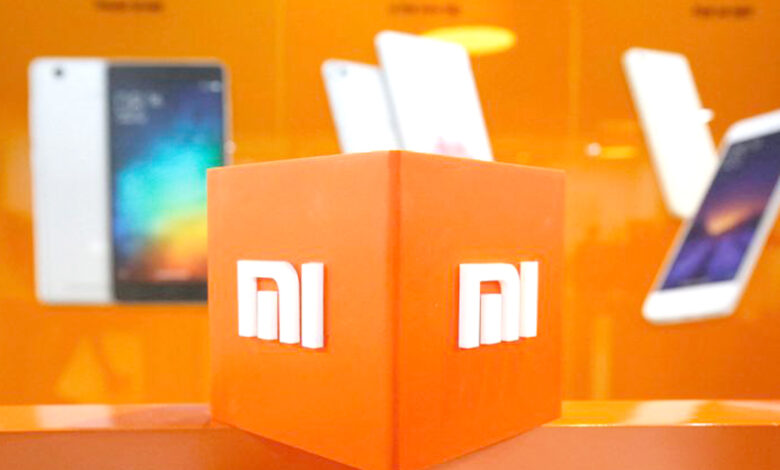During an investigation, Xiaomi accuses an Indian agency of making physical assault threats.

NEW DELHI, Xiaomi (OTC: XIACF) Corp has stated in a court petition seen by Reuters that its senior executives experienced threats of “physical harm” and intimidation during interrogation by India’s financial crime combating agency.
People in charge of the Enforcement Directorate told Xiaomi on May 4 that they could face “dire consequences” if the company’s former managing director in India, Manu Kumar Jain, and current chief financial officer, Sameer B.S. Rao didn’t answer questions about their finances as the agency had asked them.
The Enforcement Directorate did not reply to a request for comment immediately.
Xiaomi has been under investigation since February. This week, an Indian government agency took $725 million from the company’s bank accounts in India, claiming that the company made illegal transactions outside of India “under the pretense of royalty payments.”
Xiaomi has denied any wrongdoing and said that its royalty payments were legal. A court heard arguments from Xiaomi’s attorneys on Thursday and stayed the Indian agency’s order to freeze bank assets. The next scheduled hearing is on May 12.
The company says that when its employees were questioned three times in April, India’s main law enforcement agency tried to scare them.
It says that on some occasions, Jain and Rao were “threatened…with terrible consequences,” like being arrested or having their career prospects harmed, criminal responsibility, and physical assault if they did not follow the agency’s orders. This is according to a document that was filed in a court in the southern Karnataka state.
The executives “were able to withstand the pressure for a while,” the report said, “but eventually caved in to the intense and aggressive abuse and pressure and willingly made certain remarks.”
Xiaomi refused to comment, citing ongoing litigation. Neither Jain nor Rao responded to Reuters’ inquiries.
Xiaomi’s current global vice president, located in Dubai, is credited with the company’s success in India, where its devices are immensely popular.
Xiaomi had a 24 percent market share in India in 2021, according to Counterpoint Research, making it the largest smartphone vendor. In addition to selling smartwatches and TVs, the company employs 1,500 workers in the United States.
DISPUTE OVERPAYMENTS
Due to political concerns resulting from a 2020 border confrontation, it has been difficult for a number of Chinese firms to do business in India. Since then, India has blocked more than 300 Chinese applications because of security concerns, and it has also made it more difficult for Chinese businesses to invest there.
In December, tax authorities stormed the India headquarters of Xiaomi. According to court records, the Enforcement Directorate, which investigates matters like as foreign exchange law infractions, began scrutinising Xiaomi’s royalty payments after obtaining information from tax officials.
The agency said last week that Xiaomi Technology India Private Limited (XTIPL) sent money to other countries worth $55.5 billion rupees ($725 million) even though they didn’t do anything for them.
This is what the agency said: “These huge sums of money were transferred on the orders of their Chinese parent groups.”
Indian government officials told and forced Xiaomi India CFO Rao to add a sentence to his April 26 testimony “under great pressure,” according to Xiaomi’s court complaint.
The line said, “I acknowledge that XTIPL has paid royalty payments following the directives of some Xiaomi group members.”
According to the complaint, Rao changed his story on April 28. He said that the declaration he made the day before was “not voluntary and was done under duress.”
Two days later, the directorate issued an order to freeze Xiaomi’s bank accounts.
Xiaomi has said in a recent media statement that it thinks its royalty payments are “all legitimate and honest” and were given for “in-licensed technology and intellectual property utilized in our Indian-version devices.”
According to its court petition, Xiaomi is “offended since some of its affiliated organisations are headquartered in China.”





